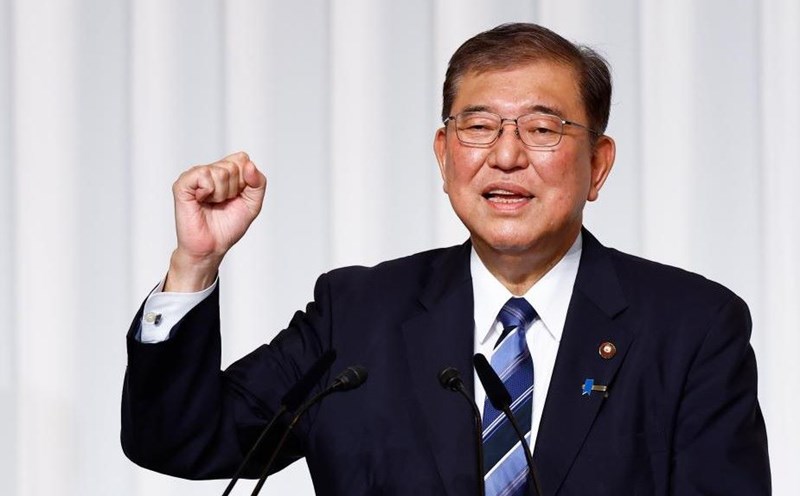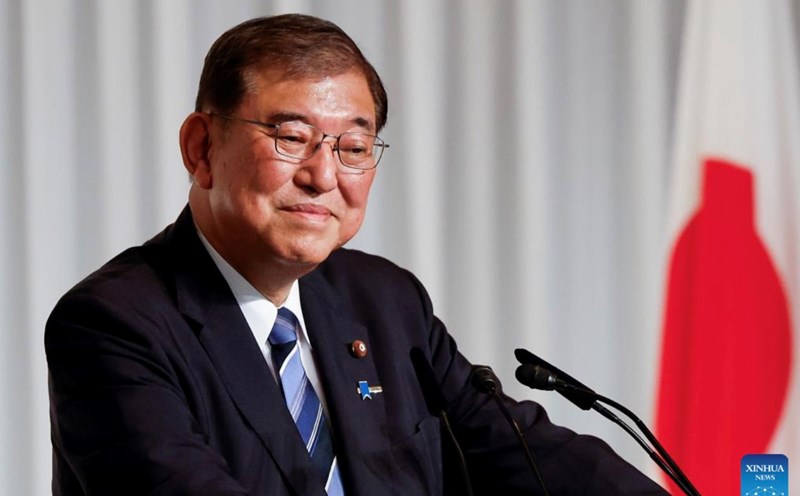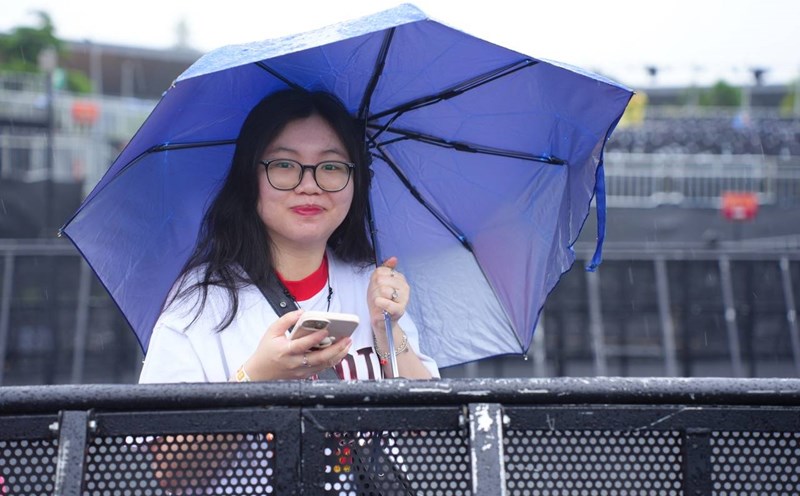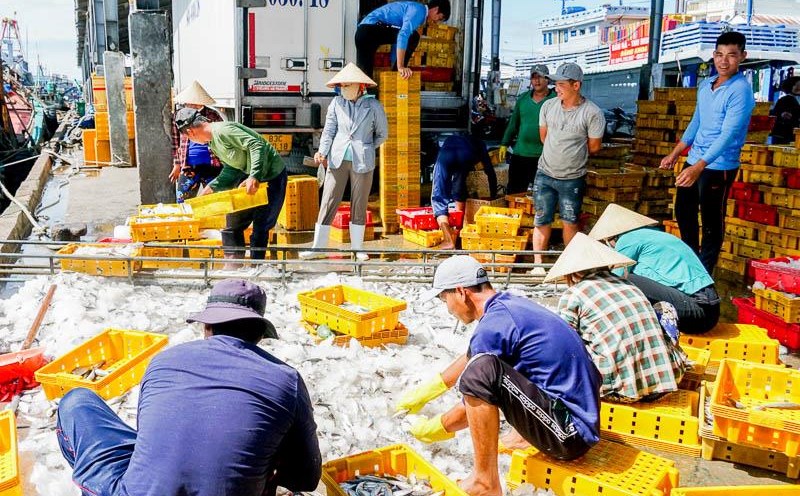Mr. Ishiba faced a lot of criticism within the Liberal Democratic Party (LDP) after the party failed in the Japanese Senate elections in July.
Taking power since October last year, Prime Minister Ishiba pledged to curb inflation and promote reforms in the party. However, the LDP has been caught up in scandals involving political funds.
Shortly after he took office, the LDP and the Komeito coalition lost their majority in the House of Representatives. As of July, the ruling coalition continued to lose its majority in the House of Councilors.
With growing pressure to take responsibility for the election results, the LDP is expected to decide on September 8 whether to hold a special leadership election.
Ishiba Shigeru became Japan's 102nd Prime Minister last October.
In his inauguration speech, he pledged to deal with escalating living expenses by increasing salaries and boosting the regional economy.
Just eight days after taking office, Ishiba dissolved the House of Representatives, triggering a general election. He affirmed that he would be tough on money in politics and not support LDP lawmakers involved in black fund scandals, in which many candidates were accused of covering up political fund reports.
However, the ruling coalition has lost its majority in the House of Representatives for the first time in 15 years. Mr. Ishiba admitted that this was an extremely harsh result but still declared that he would continue to hold the position of prime minister.
In November 2024, he established a second cabinet and declared his readiness to cooperate with the opposition. But as the Senate election approaches, tensions in the National Assembly increase. An LDP committee chairman was appointed for handling a bill to abolish petroleum taxes.
Regarding foreign affairs, in February this year, Mr. Ishiba had his first summit with US President Donald Trump. The two sides discussed plans for Nippon Steel to buy US Steel, agreeing that this is an investment, not an acquisition. The deal was then completed.
However, according to the "America First" policy, the US still imposes additional tariffs on Japan. In June, at the G7 Summit in Canada, Mr. Ishiba met Mr. Trump again on the sidelines, but the two sides could not reach an agreement.
Regarding the internal affairs, Mr. Ishiba's cabinet has proposed many measures to curb prices. The government decided to export a reserve rice warehouse to lower prices and committed to distributing 20,000 yen (about 130 USD) to each citizen. The opposition criticized this as a way to buy votes.
Mr. Ishiba is also determined not to reduce consumer tax despite pressure from the opposition. Anti-inflation policies became the focus of election debate, but the results were disappointing: The LDP-led coalition continued to lose its majority in the Senate.
On July 23, Japan and the US announced that they had reached a trade and tariff agreement after many months of negotiations. Mr. Ishiba expressed his belief that the agreement will help protect national interests, something he has repeatedly emphasized.
However, election failures have led to increased criticism in the LDP. The Party has reviewed the weak results in the Senate. In early September, a number of senior leaders, including the Secretary General, proposed to resign to take responsibility.










